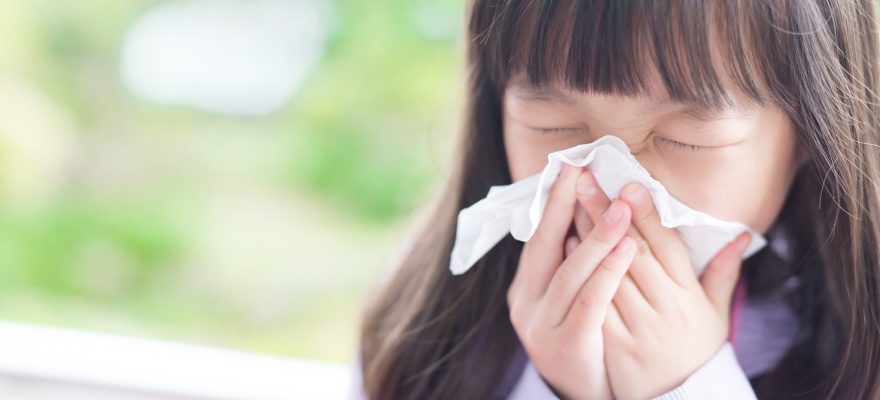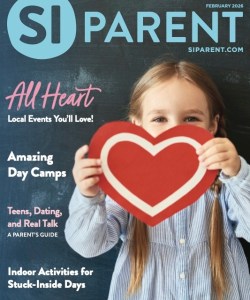
The sneezing. The coughing. The runny nose…or stuffy nose. These are just some of the symptoms of seasonal allergies in both kids and adults. Environment can play an important role in the severity of a person’s allergy condition. In fact, the Asthma and Allergy Foundation of America (AAFA) just released its 2023 report of the worst cities for allergy sufferers, begging the questions: How did NYC stack up, and how can parents and kids get relief from seasonal allergies?
Is New York City an Allergy Capital?
AAFA released its annual Allergy Capitals report for 2023 last week. The report identifies the most challenging cities for pollen allergies in the 100 most populated cities in the continental United States. Cities are ranked based on tree, grass and weed pollen scores, over-the-counter allergy medicine use and availability of board-certified allergists/immunologists.
Families in the Big Apple can breathe a sigh of relief. New York City came in at #86 with a better than average overall rating.
“New York City has high levels of grass and weed pollen, but low levels of tree pollen compared to other MSAs in the report,” Hannah Jaffee, research manager at AAFA, said. “NYC also has ‘better than average’ scores for both medicine use and allergy specialists. This combination contributes to the solid scores for NYC.”
In case you are curious, Wichita, Kansas, took the top spot as the most challenging city for pollen allergies.
Relief for Seasonal Allergies in Children and Adults
Symptoms of seasonal allergies in children include: a stuffy or runny nose; sneezing; itchy eyes and nose; sore throat; cough; and dark circles under the eyes.
There are ways to manage symptoms in your child, including minimizing exposure to seasonal allergy triggers. Some tips from the Children’s Hospital of Philadelphia include:
- Have your child wash their hands and face as soon as they come in from playing outside so they don’t rub pollen in their eyes and nose.
- Check the forecast for pollen levels. Limit outdoor activities when pollen counts are at their highest.
- Dry laundry in the dryer instead of outside. Pollen can stick to fabrics.
- Taking a bath before bedtime can help manage nighttime allergy problems.
- Keep windows in your home and car closed and use air conditioning to filter the air.
These tips apply to adult allergy sufferers, too. In addition, the Mayo Clinic suggests wearing a face mask if you do outside chores, stay indoors on windy days, avoid lawn mowing (if you can!) because it can stir up allergens, among other tips.
Many treatments are available to relieve seasonal allergy symptoms. Be sure to talk to your doctor and child’s pediatrician about treatments, managing symptoms and any other questions about your’s and your child’s wellness.
Relief for Seasonal Allergies: The Role of Climate Change
The AAFA began identifying the worst cities for allergies in 2003. Since then, pollen counts have worsened, according to the organization. This year’s report again highlights the impact that climate change has on public health, specifically for people with pollen allergies.
Rising temperatures result in longer growing seasons, leading to higher pollen concentrations in many areas of the country, the report explains.
“We are experiencing longer and more intense allergy seasons because of climate change. For people with asthma, allergies can trigger an asthma attack,” Kenneth Mendez, CEO and president of AAFA, said. “About 81 million people in the U.S. have seasonal allergic rhinitis, which is most often caused by pollen allergies. If we don’t take immediate action on the climate crisis, pollen production will only intensify. This means more allergy and asthma attacks and additional strain on our health systems.”
Neeta Ogden, M.D., an allergist and spokesperson for the AAFA stressed the importance of speaking with your allergist about your symptoms.
“Allergy testing is also a way to better understand your allergy triggers and therefore, better manage them,” the doctor said.
To learn more about seasonal allergies, visit the Asthma and Allergy Foundation’s website at aafa.org.
Wanna read more stuff like this? Get our newsletters packed with ideas, events, and information for parents in Staten Island.
"*" indicates required fields

